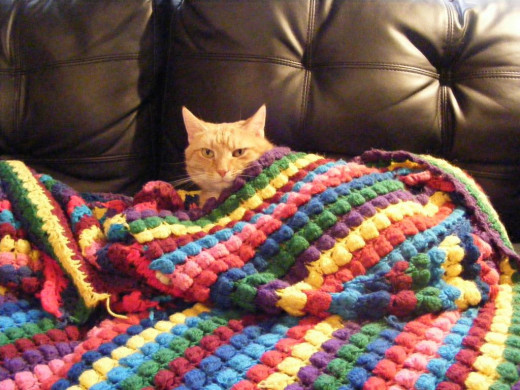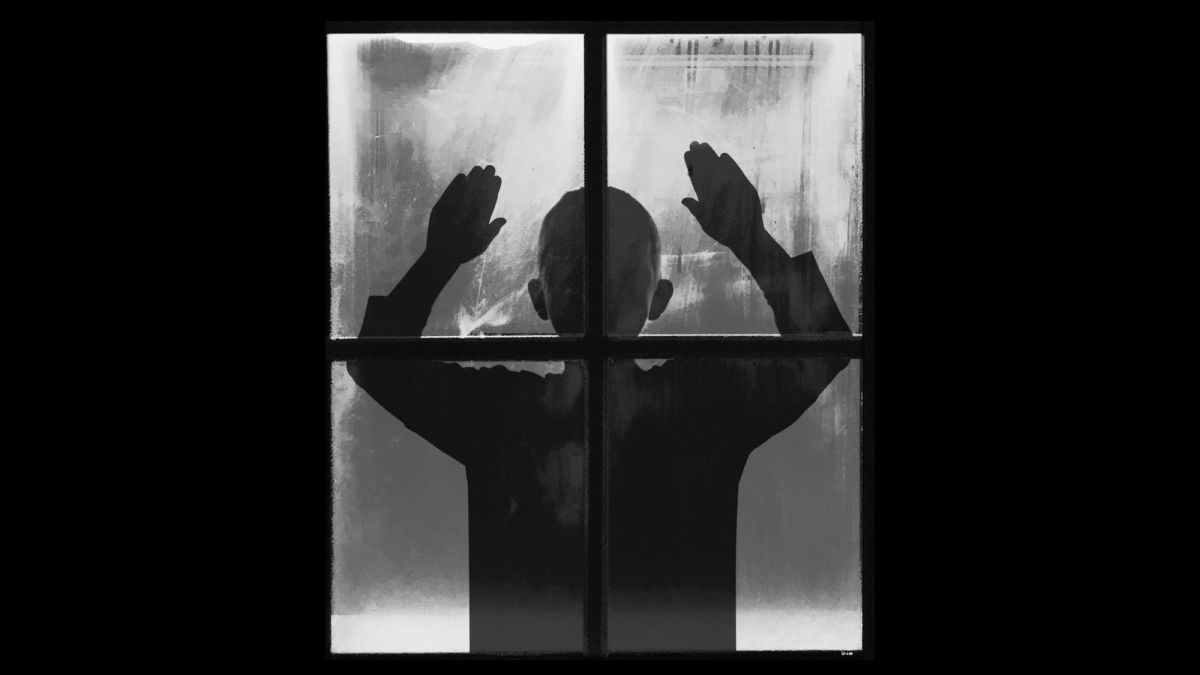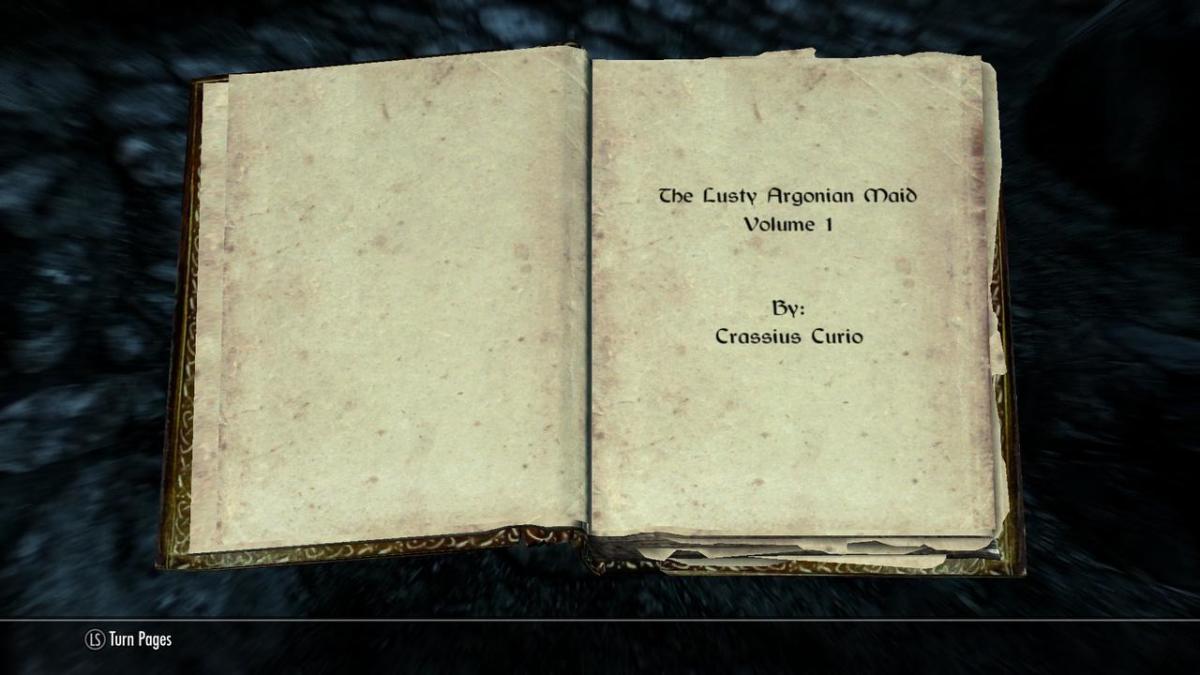Singles Are Serial Killers: A Review of Conwell And Embracing Alone Time


You must be Charles Manson
How come you’re not in a relationship? What are you even doing with your life? You’re how old again? You should make more of an effort to go out and meet people. Most people your age are married by now, you know.
Does this conversation sound familiar? Let’s have a show of hands. I’m going to assume some of you did it. And if you didn’t, that upsets me. But let’s talk about Patrice Conwell, author of Nobody Ever Told Me I Might Not Get Married: One Woman’s Journey to Acceptance.
I actually already reviewed this on Amazon. You can check out the condensed version of my thoughts here: http://www.amazon.com/review/R2K8M4GUN406N7
But below are my impressions in more detail.

The “problem” of singlehood
This novel will definitely strike home for a lot of twenty-somethings because it addresses a very relevant modern “problem”: the possibility that you might actually never get married. That's right; you may one day find yourself approaching 30 and be struck with the realization that your lot in life might be a lifetime of singleness.
So how do you handle it?
Conwell claims to offer a way to deal with this apparently devastating realization. She wrote this book almost twenty years ago, but has dusted if off in order to help the single women of today who suffer from many of the same problems that she did:
“…so many single women still experience my journey of trying to reconcile themselves to the possibility of being single for the rest of their lives…because so many in our society still perceive single women as broken in some way or too independent or “picky” to attract a man…because if you’re a Christian single, feeling satisfied is even more difficult because of all the boundaries that our belief system won’t allow us to cross…because the statistics for never-married women is nearly 40% overall...” (47)
Note: she does address singlehood from a Christian perspective, but this book touches on problems that are relevant to singles all across the board, regardless of whether you believe in Jesus, the god of fertility, the Easter Bunny, or that I can’t believe it’s not butter is really not actually butter.
Psych!
Sounds interesting and informative, right? It’s not. In fact, what appears to initially be a helpful setup ultimately crashes and burns, tumbling off the side of the road and into the dismal mires of literary oblivion.
I’ve read cooking recipes with better results.
And why is this little novella so unfulfilling? Because of the ending. It invalidates the entire “acceptance as a single person” claim. At the novel’s conclusion, it is obvious that the author did not actually face a lifetime of singlehood; she just faced extended singlehood.
That’s a different matter entirely. Furthermore, it merely serves to fan the flames of hope for those singles taught to erect marriage as the ultimate, making them grasp at a distant “what if” rather than reconciling them to a decided “never, and that’s fine.” This book is more about learning to “put up” with being single rather than thriving in it.


You are 100% independent. When you are in a relationship. So not really
Yet her book provokes an interesting question: can you actually thrive in singlehood? Can you really like to be alone?
Society seems to say no.
This is somewhat ironic to me because unlike the old days, marriage is not the only career choice open to women. Nowadays we can pursue any career we want. There is all this talk in modern times about how women “are independent and don’t need men,” and yet what is all the pressure telling us? That we actually do? That we are somehow “incomplete” if we aren’t romantically involved with someone?
And modern men are not excluded from this either. They, too, get incessant remarks about “settling down.” The media does its best to perpetuate this, portraying men in sitcoms and movies as losers, lonely, desperate, or all of the above if they can’t "get a woman.”
This pressure is a dog-eat-dog sort of system. Singles feel it and resent it, but because misery loves company, they pass that pressure on to other single friends, who pass it on to others, and so on and so forth. It's a typical system of conformity. Nobody wants to be left out, so nobody ever puts their foot down and tries to talk up singlehood as a genuine vocation or a really fulfilling aspect of life. And those who do are viewed in one of two ways:

You just can’t commit
One: You talk up singlehood because you just aren't serious about making a real commitment. Strangely enough, we're told that debauchery is okay short-term, but at some point you should be able to "settle down." Because yeah, you’ll suddenly be able to stop bad habits once the “I do’s” are over when you’ve been conditioned to do the exact opposite your whole life.
(Hollywood has done a great job of stuffing this down our throats, presenting singles with a “no-strings-attached” bullshit agenda that they claim is normal and even healthy. We can thank them for our emotional brokenness and drug addictions.)
However, even singles that don’t live promiscuously are viewed as flighty and simply unwilling to “get serious”—regardless of whether or not this is true. If you’re single, it’s not because you sincerely aren't interested in looking; it's because you're secretly afraid to be an adult.
I mean, you want romance as much as anyone else, right? Just grow up already.
And nothing you say will convince people otherwise.
You’re living a lie
Two: You are clearly “desperate" and just putting on a show of contentment. You don’t actually like being by yourself. You'd change it in a heartbeat if you could. You’re just trying to laugh through the pain. Nobody wants to be single, after all. You can’t possibly enjoy it. Singlehood is like snot; God forbid it latches onto you and infects you with the incurable illness of loneliness.
Ah. And that's the root of the problem, isn't it?



Scared of silence
We have an absolute horror of being alone. We have becomes so inundated with the details of other people’s social lives that we never experience life for ourselves. We don’t get to know ourselves well, nor do we allow ourselves to grow comfortable with silence. We're all too busy gaping at screens and soaking up a constant stream of noise.
Now, this isn’t an anti-technology rant. I mean, it’d be kind of hypocritical for me to say I scorn technology when I’m using technology to write this post right now, and you’re using technology to read it. I just mean that the human race is inherently social; we need companionship, and the age of the internet has allowed us to find it in ways we never could before. But there’s a price with this kind of convenience.
It is precisely because everybody is constantly in everybody else’s business that we have cultivated this fear and disgust of “alone time.” And in fact, this extends beyond the relationship sphere. For example, if you are a person who prefers to live without roommates, people think you’re a serial killer. The follow-up question is always: “But what do you do?”
Scalp innocents and stuff them beneath the floorboards, obviously. What else would someone who lives alone do all day? It’s not like they do exactly what everyone else does or anything.
Look, introverts just want the freedom to walk around in their birthday suits without somebody barking at them to put on a robe. Why is that so wrong?


Being alone: You’re allowed to like it
Final conclusion: ultimately, Conwell’s book proposes questions that are spot-on, but in the end she offers no real solution. Marriage is still treated as the “ultimate” goal. The author dances society’s dance, and though it’s admirable that she never gets “desperate” or sacrifices her values in the process, she does not give serious singles any kind of real map on how to smash society’s expectations for their life.
But for all you singles out there: there’s nothing wrong with you. Meet friends, love your job, thrive on the little things, and become comfortable with you. Know that you don’t have to get in a relationship to walk the path of fulfillment. Indeed, romantic relationships can certainly help you grow, but they are not the only way that you can grow. In fact, they are just one way, one of the many means to an end that we’re all trying to achieve:
Joy.
And if you can find that through other means (that are morally legitimate, of course; I don’t condone heroine, sex addictions, reading Fifty Shades of Grey, or actually consuming I can't believe it's not butter), then go for it.
This buggy blogger supports you 100%.









